Facebook Marketing: The Complete Strategy Guide for 2024
If you think all your business needs is a Facebook page and the occasional post, get ready for a (very entertaining) reality check.
Facebook marketing (FB marketing) has become essential for building a solid online presence and engaging with your target audience. With over 3 billion active users globally, Facebook offers an unrivalled opportunity to connect with your audience, promote products or services, and drive conversions.
However, mastering Facebook marketing requires more than simply posting updates; it demands a strategic approach incorporating organic and paid content, a well-crafted content calendar, and a deep understanding of your audience’s preferences and behaviour.
This guide will walk you through the essential components of creating a brand strategy on Facebook. From setting up your Facebook business page to creating engaging content, and managing ads, we’ll cover everything you need to make a successful FB marketing strategy.
What is Facebook Marketing?
Facebook marketing refers to using Facebook’s platform to promote a business or brand, engage with an audience, and achieve specific marketing objectives. It encompasses a range of tactics, from organic content posting to paid advertisements, and includes utilising Facebook’s unique tools such as Facebook Pages, Ads Manager, Facebook Groups, and Messenger.
FB marketing involves using Facebook’s platform to reach a broad audience, build relationships, and promote brand awareness, products, or services. It’s a multifaceted approach that includes organic engagement through posts, stories, and interactions and paid campaigns targeting specific demographics, interests, and behaviours. Effective Facebook marketing combines creativity with analytics, ensuring every post, story, and advertisement aligns with your brand’s voice and resonates with your audience.
Using a Facebook Business Page
The foundation of any successful FB marketing strategy begins with a well-structured Facebook Business Page. A business page allows brands to establish an official presence on Facebook, share updates, post content, and engage with followers.
Unlike personal profiles, a business page is public and designed to provide you with the tools to market your products and services effectively. You can showcase your brand’s personality on your business page through a visually appealing layout, consistent messaging, and regular updates that invite audience interaction.
Role of Organic and Paid Content
In Facebook marketing, organic and paid content is significant in effectively reaching and engaging the audience.
- Organic Content: This refers to the content shared on a Facebook Business Page without paid promotion. Organic posts can include text updates, images, videos, and live broadcasts. The primary goal of organic content is to authentically engage the audience, encourage interaction, and build relationships with followers.
Regularly posting valuable and relevant content helps maintain visibility in users’ feeds, fosters brand loyalty, and enhances community engagement. Organic content is essential for establishing a brand’s voice and identity on the platform.
- Paid Content: Businesses often invest in paid advertising on Facebook to amplify reach and drive targeted traffic. This includes sponsored posts, carousel ads, and video ads that appear in users’ feeds or the sidebar. Facebook’s advanced targeting capabilities allow businesses to reach specific demographics based on age, location, interests, and online behaviours.
Paid content is particularly effective for promoting events, product launches, and special offers. It provides measurable results through analytics, enabling you to optimise your campaigns based on performance metrics.
Speaking of the full potential of FB marketing, let’s dive into the benefits it can bring to your brand.
Also Read: Digital Marketing Strategies for Ecommerce: Tips and Examples
Benefits of Facebook Marketing for Your Brand
The benefits of a well-planned Facebook marketing strategy are numerous, and every brand, regardless of size or industry, can capitalise on Facebook’s vast audience and tools. Here are some key benefits of utilising Facebook marketing for your brand:
1. Enhancing Brand Visibility
Facebook’s global reach allows you to increase your visibility significantly. With billions of active users, you can engage potential customers worldwide, driving brand awareness and expanding your customer base. Combining organic content with targeted paid ads keeps your brand in users’ minds. Increased visibility translates to more opportunities for conversions and fosters customer loyalty, which is essential for long-term success.
2. Creating Engaging Content
Facebook marketing empowers businesses to experiment with various content formats. High-quality images, videos, stories, and live streams capture the attention of potential customers and encourage interaction. Engaging content is more likely to be shared and commented on, amplifying reach. Using storytelling, humour, or emotional elements can elevate your content, making it relatable and shareable, thus enhancing your brand’s online presence.
3. Appealing to Your Target Audience
Facebook’s advanced targeting options enable you to tailor messages to specific audience segments. Whether by age, location, interests, or behaviours, Facebook marketing ensures your content reaches the right people, increasing the chances of conversions.
Moreover, Facebook ads provide advanced tools for market segmentation, including:
- Geographic: Target a specific region or define by population density.
- Demographic: Filter by age, gender, marital status, family status, and occupation.
- Behavioural: Segment by brand loyalty or user status, ranging from non-users to regular customers.
- Income: Select from lower, middle, or upper-income groups.
- Lifestyle: Segment based on interests identified through search keywords.
- Interests: Target interests that align with the pursuits and preferences of your chosen group.
By selecting your target audience using these parameters, you can ensure the best return on ad spend (ROAS).
4. Incorporating E-commerce
A unique advantage of Facebook is its integration with e-commerce. Businesses can set up a Facebook Shop, enabling customers to browse products and purchase directly within the platform. This streamlines the conversion process for followers. Additionally, dynamic ads can retarget users interested in your products, creating personalised shopping experiences that lead to higher conversion rates and enhanced customer satisfaction.
5. Measuring Results Effectively
Facebook’s robust analytics tools allow you to track the performance of your marketing efforts effortlessly. From monitoring engagement rates to analysing the effectiveness of paid ads, these insights are invaluable. Utilising Facebook Insights helps track critical metrics such as reach, engagement, clicks, and conversions, facilitating data-driven decisions that enhance campaign effectiveness and refine marketing strategies.
Experience seamless e-commerce integration with Growthpep’s dynamic ad strategies and boost your conversion rates effortlessly.
Now that you’re aware of the benefits, let’s set up your Facebook business presence with these practical steps.
Also Read: Guide to Generating Leads With Facebook Ads
Setting Up Your Facebook Business Presence
To start with Facebook marketing, you must establish a professional business presence on the platform. Here’s a step-by-step guide to help you set up your Facebook business presence successfully:
1. Create a Facebook Business Account
To start, you must create a Facebook Business Account, which gives you access to various tools and features tailored to businesses. Visit the Facebook Business website and click on “Create Account.” Follow the prompts to provide your business name, email address, and other required information.
2. Set Up Your Business Page
Once your account is created, set up your business page by selecting “Create a Page.” Choose the appropriate category for your business, such as “Local Business,” “Company,” or “Brand.” Fill in essential information, including your business name, description, and contact details, to make it easy for potential customers to find and reach you.
3. Add Visual Elements
Visuals are crucial for capturing attention on Facebook. Upload a high-quality profile picture (such as your logo) and a visually appealing cover photo that reflects your brand identity. Ensure these images are optimised for the platform’s dimensions to maintain a professional appearance.
4. Complete Your Page Information
Fill out all the sections of your Facebook page, including the “About” section, where you can provide a detailed description of your business, mission, and values. Include links to your website and other social media accounts, and specify your business hours to inform customers when you are available.
5. Post Engaging Content
Once your page is set up, begin posting engaging content regularly. Share updates about your products or services, industry news, and helpful tips related to your niche. Use various formats like images, videos, and articles to keep your audience interested and encourage interactions.
6. Promote Your Page
To increase visibility, promote your Facebook page through various channels. Share it on your website, email newsletters, and other social media platforms. Consider running Facebook ads to reach a larger audience, targeting specific demographics to attract potential customers.
7. Monitor and Respond
Engagement is vital to building relationships with your audience. Regularly monitor comments and messages on your page and respond promptly to inquiries. This demonstrates excellent customer service and helps foster a loyal community around your brand.
But setting up your presence is just the beginning—next, we’ll explore how to create an effective marketing strategy.
Also Read: Performance Marketing Strategies in e-commerce 2024
Creating a Facebook Marketing Strategy
Once your business presence is established, develop a comprehensive Facebook marketing strategy aligned with your goals. Here are vital steps to help you craft an effective Facebook marketing strategy:
1. Setting Marketing Goals
Define clear marketing goals as the foundation of your Facebook strategy. Whether your objectives are increasing brand awareness, driving website traffic, generating leads, or boosting sales, they will shape content creation, posting frequency, and advertising types. Ensure goals are specific, measurable, achievable, relevant, and time-bound (SMART) for effective tracking.
2. Defining Your Target Audience
Understanding your audience is key to a successful Facebook strategy. Use Facebook’s Audience Insights tool to gather your followers’ demographic, interest, and behaviour data. This information helps create relevant content and ads. Surveys and feedback from your existing customers can also offer valuable insights into their preferences.
3. Establishing a Content Strategy
Develop a content strategy that outlines the types of content to post (text, images, videos), posting frequency, and critical messages. Consistency is vital in Facebook marketing, so a content calendar can help keep followers engaged. Incorporate a mix of educational posts, promotional offers, behind-the-scenes insights, and user-generated content to diversify engagement.
4. Optimal Posting Times
Posting at the right time can significantly boost your content’s visibility. While there’s no universal best time, research indicates that early mornings and evenings often yield higher engagement. Analyse your audience’s behaviour and adjust posting times accordingly, experimenting with different schedules to find when your audience is most responsive.
5. Budget Allocation for Facebook Marketing
Effective Facebook marketing typically involves both organic and paid content. Set a budget for Facebook ads to reach a larger audience and promote specific products. Align your budget with your marketing goals, allocating a portion of your overall marketing budget to Facebook advertising while optimising based on performance and ROI.
With your strategy laid out, it’s time to consider the different types of posts that will keep your audience engaged.
Types of Facebook Posts to Use in Your Strategy
Using various post formats can enhance audience engagement and drive results in your Facebook marketing strategy. The various types of FB posts to use are:
1. Text Posts
Text posts can engage your audience by asking questions, sharing tips, or providing valuable information. They encourage conversation and can drive engagement through likes, comments, and shares. Use open-ended questions to spark discussions and actively respond to comments to build community.
2. Visual Content
Visual content, including images and videos, captures attention in the busy Facebook feed. Posts with visuals typically achieve higher engagement rates than text-only posts. High-quality photos, infographics, and short videos convey messages effectively, enhancing your brand’s appeal. Behind-the-scenes videos or product demos can create deeper connections with your audience.
3. Facebook Stories
Facebook Stories offers a platform for sharing temporary content that disappears after 24 hours. This format is ideal for timely updates, promotions, or behind-the-scenes glimpses. Stories create urgency and encourage quick viewer engagement. Interactive features like polls can further boost audience interaction.
4. Live Videos
Live streaming enables real-time connections with your audience. Ideal for Q&A sessions, product launches, or virtual events, live videos foster authenticity and immediate interaction. Promote upcoming live events to maximise viewership and engage with viewers through comments during the stream.
5. Polls and Surveys
Engaging your audience through polls and surveys is an entertaining way to gather feedback and insights. Facebook’s polling feature allows you to solicit opinions on various topics, fostering interaction while gaining valuable audience insights. This engagement helps you better understand your followers’ preferences.
Now that we’ve covered organic posts, let’s talk about how to manage your Facebook Ads for even greater reach effectively.
Also Read: Strategies for Lead Generation in Digital Marketing
Managing Facebook Ads
Paid advertising on Facebook can significantly enhance your marketing efforts. Understanding how to create and manage effective ads is key to maximising your ROI. Here are essential tips for managing your Facebook Ads effectively:
1. Understanding Facebook Ads Manager
Facebook Ads Manager is the central hub for creating, managing, and analysing advertising campaigns. This tool provides options for targeting, budget allocation, ad placement, and performance tracking. Familiarise yourself with its features to use its capabilities effectively. Set clear objectives for each campaign, such as traffic or conversions, and continuously use the analytics to refine your strategy.
2. Types of Facebook Ads
Various ad formats cater to different marketing goals. Common types include:
- Image Ads: Simple yet effective, showcasing products or services.
- Video Ads: Engaging content demonstrating products or telling brand stories.
- Carousel Ads: Highlighting multiple images or videos in a single ad.
- Collection Ads: Displaying a collection of products for direct browsing.
Choosing the correct ad format aligned with your marketing objectives enhances campaign effectiveness.
3. Creating Compelling Ad Content
Ad content must be visually appealing and compelling to capture attention. Use high-quality visuals, clear messaging, and a strong call-to-action (CTA) to encourage desired actions, such as website visits or purchases. A/B testing different creatives can identify the most effective combinations, enabling continuous optimisation.
4. Targeting and Budgeting for Ads
Facebook’s advanced targeting capabilities allow you to reach specific audience segments based on demographics, interests, and behaviours. Set a budget aligned with your marketing goals—whether daily or lifetime—and monitor your ad spending to ensure optimal results. Regularly assess ad performance and adjust targeting strategies to maximise ROI.
Enhance your advertising efforts with Growthpep’s comprehensive ad management services, ensuring each campaign delivers the best possible results.
Furthermore, let’s see a few Facebook marketing campaigns that were remarkably successful.
5 Successful Facebook Marketing Examples to Inspire Your Brand
As one of the leading social media platforms, Facebook offers brands endless opportunities to connect with audiences, build community, and drive business results. The following brands have demonstrated mastery in using Facebook’s tools and features to stand out. Let’s dive deeper into these success stories and the strategic approaches that have elevated their brand presence.
1. BMW: Mastering Visual Storytelling and Brand Image
BMW’s Facebook strategy focuses heavily on high-quality, visually-driven content that reflects its innovation, style, and automotive prowess. With over 20 million followers, BMW successfully uses its social media presence to showcase its luxury vehicles in a way that resonates with its aspirational target audience. Through a blend of professional brand photography and user-generated content (UGC), BMW brings its products to life, providing a visual journey into the world of luxury cars.
What stands out in BMW’s approach is the balance between brand-driven content and customer engagement. The brand leverages UGC to highlight positive reviews and testimonials, allowing real customers to act as brand ambassadors. This not only humanises the brand but also builds trust among potential buyers. Additionally, the strategic use of hashtags, emojis, and call-to-action buttons (like “Learn More”) seamlessly integrates social engagement with direct traffic to its main website.
Takeaway: Visual storytelling is a powerful tool that doesn’t always require expensive, high-end production. You can repurpose user-generated content to showcase your products through the eyes of satisfied customers. By incorporating subtle yet effective calls to action, you create a seamless journey from discovery to purchase. Additionally, don’t hesitate to use Facebook’s built-in tools (like the “Mentions” tab) to highlight real-time customer feedback and reviews, adding a layer of credibility to your brand.
2. Sephora: Creating Dynamic and Engaging Content
Sephora has perfected the art of using dynamic content formats like quizzes, polls, videos, and influencer collaborations to keep its audience engaged and invested in its product offerings. The makeup retailer uses its Facebook page not only to promote products but also to foster a sense of community through education and entertainment. Sephora consistently posts makeup tutorials, influencer content, product reviews, and beauty hacks that appeal to both beginners and seasoned makeup enthusiasts.
What makes Sephora’s strategy stand out is the brand’s ability to blend engaging content with robust customer service. They encourage customers to interact directly with the brand through comments or direct messages (DMs), providing fast, personalised responses to inquiries. This helps Sephora deliver real-time support while strengthening customer loyalty. In addition to promoting products, they use Facebook as a customer service tool, ensuring that any issues are resolved quickly and professionally.
Takeaway: Interactive content like quizzes and polls can deepen engagement and increase dwell time on your page, while tutorials and influencer collaborations enhance your brand’s educational value. Don’t just focus on selling—create content that entertains, educates, and engages your audience. To strengthen loyalty, provide personalised customer service through social channels. Promoting other service channels such as direct messaging ensures customers can access support quickly, fostering a strong, responsive brand image.
3. Wendy’s: Crafting a Relatable and Engaging Brand Persona
Wendy’s has become famous for its sharp, humorous social media persona, and its Facebook content is no exception. The fast-food giant uses a combination of static images, videos, and user-generated content to build buzz around new menu items, special promotions, and limited-time offers. What sets Wendy’s apart is its willingness to engage with followers in real-time—whether that’s responding to customer comments or simply bantering with fans. This real-time interaction has helped Wendy’s cultivate a reputation for being approachable, authentic, and genuinely fun.
Their use of conversational, witty content aligns perfectly with their brand persona. By interacting with users through comments and reactions, Wendy’s builds a community where audiences feel seen and valued. This not only drives engagement but also fosters brand loyalty, as customers know that Wendy’s is responsive and attentive to their needs.
Takeaway: Establishing a clear and relatable brand persona is key to building deeper connections with your audience. Wendy’s proves that social media content doesn’t have to be purely promotional—interactive engagement fosters a sense of community. Ensure your Facebook content stays true to your brand’s voice, and make time to engage directly with followers through comments, reactions, or playful interactions. This helps humanise your brand and build trust over time.
4. Pizza Hut: Maximising Product Visibility Through UGC and Promotions
Pizza Hut uses its Facebook page to highlight mouth watering images and videos of its food offerings, which naturally captivates its audience. Their strategy revolves around showcasing popular menu items, running promotions, and encouraging audience participation through polls and contests. These activities not only keep customers engaged but also provide a way to crowdsource content from their followers.
Pizza Hut often runs contests that invite fans to share their favourite menu items, vote on pizza toppings, or suggest new ideas. This participation encourages UGC, further amplifying its brand reach without requiring significant resources. The brand also consistently promotes time-sensitive offers, discounts, and new items, creating urgency and driving conversions.
Takeaway: Pizza Hut’s approach highlights the importance of putting your product at the forefront of your social strategy. UGC contests and polls encourage participation and add an element of fun while giving the brand a steady stream of content to share. Promoting limited-time offers and discounts is an effective way to create urgency and increase sales. Brands should consider how they can engage customers in a way that both spotlights their product and fosters community involvement.
5. Nike: Empowering Audiences with Purpose-Driven Campaigns
Nike’s Facebook strategy centres around powerful storytelling that aligns with its core values of inspiration, perseverance, and athletic excellence. The brand uses its platform to promote purpose-driven campaigns that go beyond product promotion, emphasising values like social justice, diversity, inclusion, and empowerment. Nike’s “Just Do It” campaigns have become iconic, and their approach to storytelling engages people on a deeper emotional level.
Nike often features athletes, influencers, and everyday people who embody the spirit of overcoming challenges and breaking barriers. This not only aligns with their brand’s mission but also resonates with a broad audience, from professional athletes to casual fitness enthusiasts. Their posts frequently highlight personal stories of triumph, diversity in sports, and support for marginalised communities, creating a strong emotional connection with their followers.
In addition to storytelling, Nike also leverages user-generated content (UGC) by encouraging customers to share their fitness journeys, using hashtags like #JustDoIt. This UGC fuels Nike’s social media presence, creating an inclusive community where followers feel empowered to share their achievements and fitness goals.
Takeaway: Nike’s success on Facebook is rooted in its ability to build a strong emotional connection with its audience through purpose-driven content. By promoting values that resonate deeply with their audience, Nike elevates their brand from just selling products to becoming a symbol of inspiration and empowerment. Your brand can take inspiration from this by incorporating storytelling into your content strategy, focusing on shared values, and encouraging user participation through UGC. By aligning your message with a greater purpose, you can foster a deeper sense of loyalty and community around your brand.
Conclusion
In conclusion, Facebook marketing is a powerful tool that can impact your brand’s visibility, engagement, and revenue growth. You can create a comprehensive strategy that meets your marketing objectives by focusing on high-quality content, engaging with your audience, and using Facebook’s advertising tools.
If you’re ready to take your Facebook marketing strategy to the next level, consider partnering with Growthpep, an ROI-driven performance marketing agency. Growthpep helps businesses scale by crafting and executing targeted ad campaigns. Growthpep ensures that your brand achieves meaningful growth. By utilising cutting-edge AI and data analytics, Growthpep guarantees significant improvements in online sales, customer acquisition, and engagement.
Contact Growthpep today and get started!
FAQs
- Are there any Facebook marketing courses available?
Absolutely! You can find free Facebook marketing courses on Meta Blueprint, which provides training to improve your skills across platforms like Facebook, Messenger, Instagram, and WhatsApp.
- How can I set up a Facebook business page?
Creating a Facebook business page is simple! Visit Facebook.com, click on the menu icon (nine dots) in the top navigation bar, and select “Page” under the “Create” menu. Facebook will guide you step-by-step through the process to ensure your page is fully optimised.
- How do businesses use Facebook for marketing?
Facebook serves multiple purposes for marketing. It’s a platform for running ads, building communities, offering customer service, and promoting new products. Some small businesses even use Facebook as a website alternative, while larger brands may primarily utilise it as a service channel or for advertising.
- What can I do to improve my Facebook marketing efforts?
Running Facebook ads is an effective and quick way to boost your page visibility and enhance brand awareness. Other strategies include engaging with groups and communities, as well as consistently posting valuable content.
Sorry, the comment form is closed at this time.

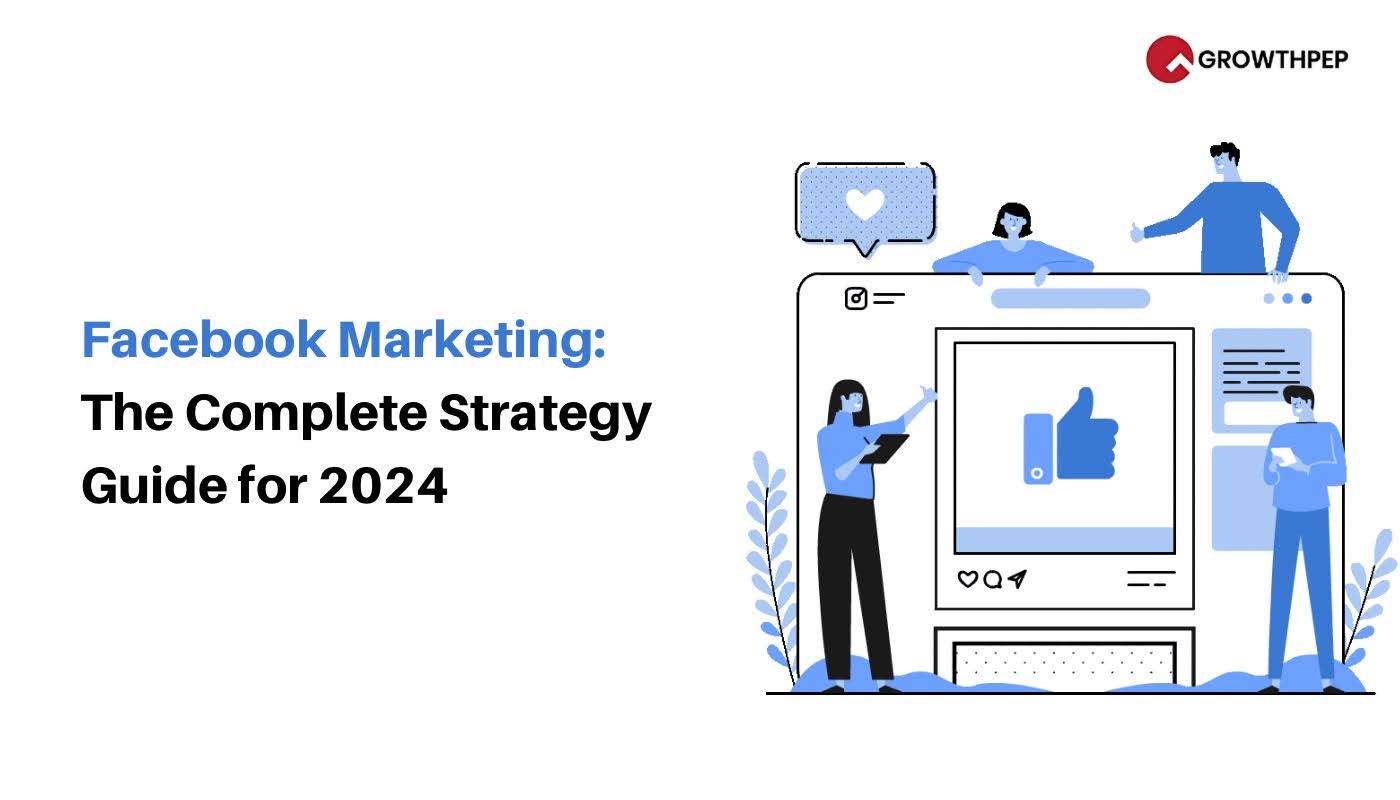
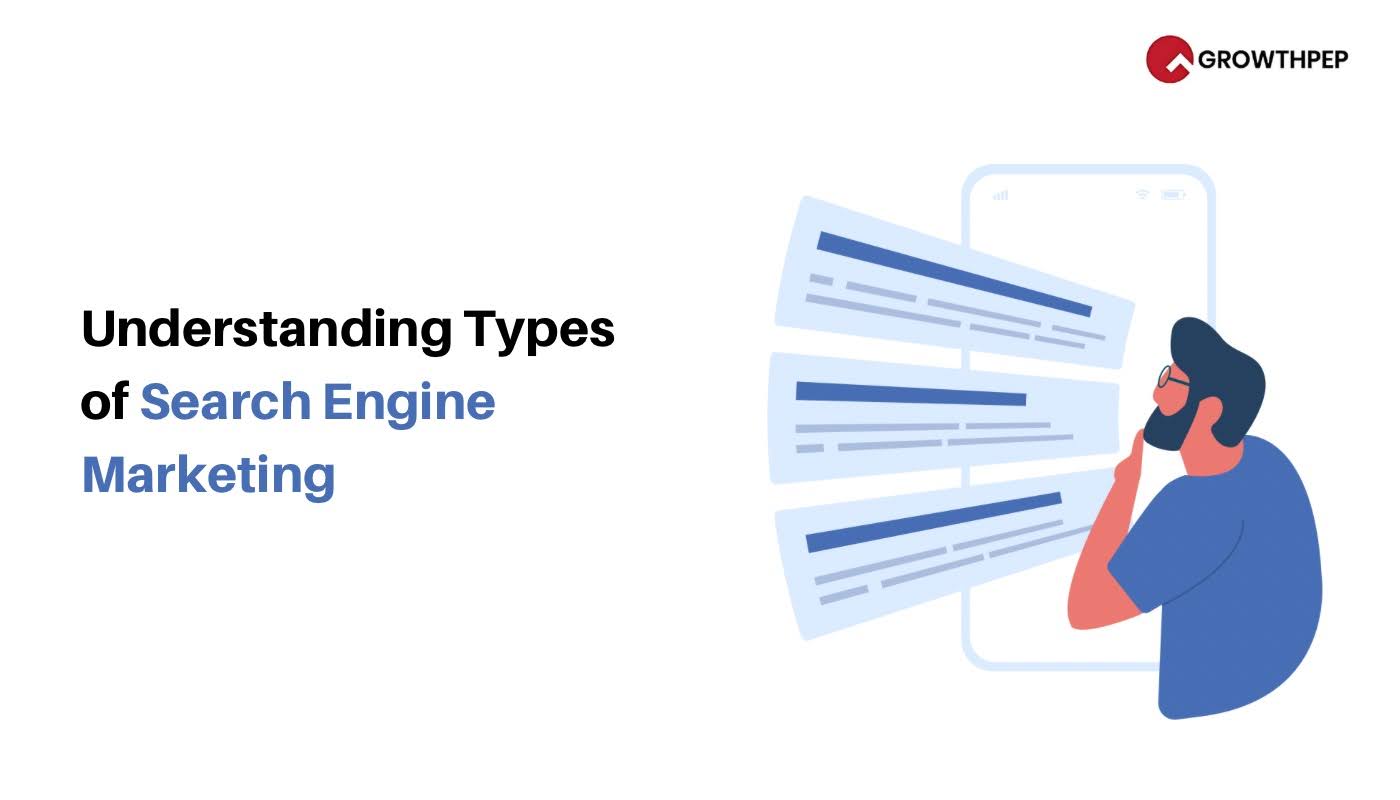
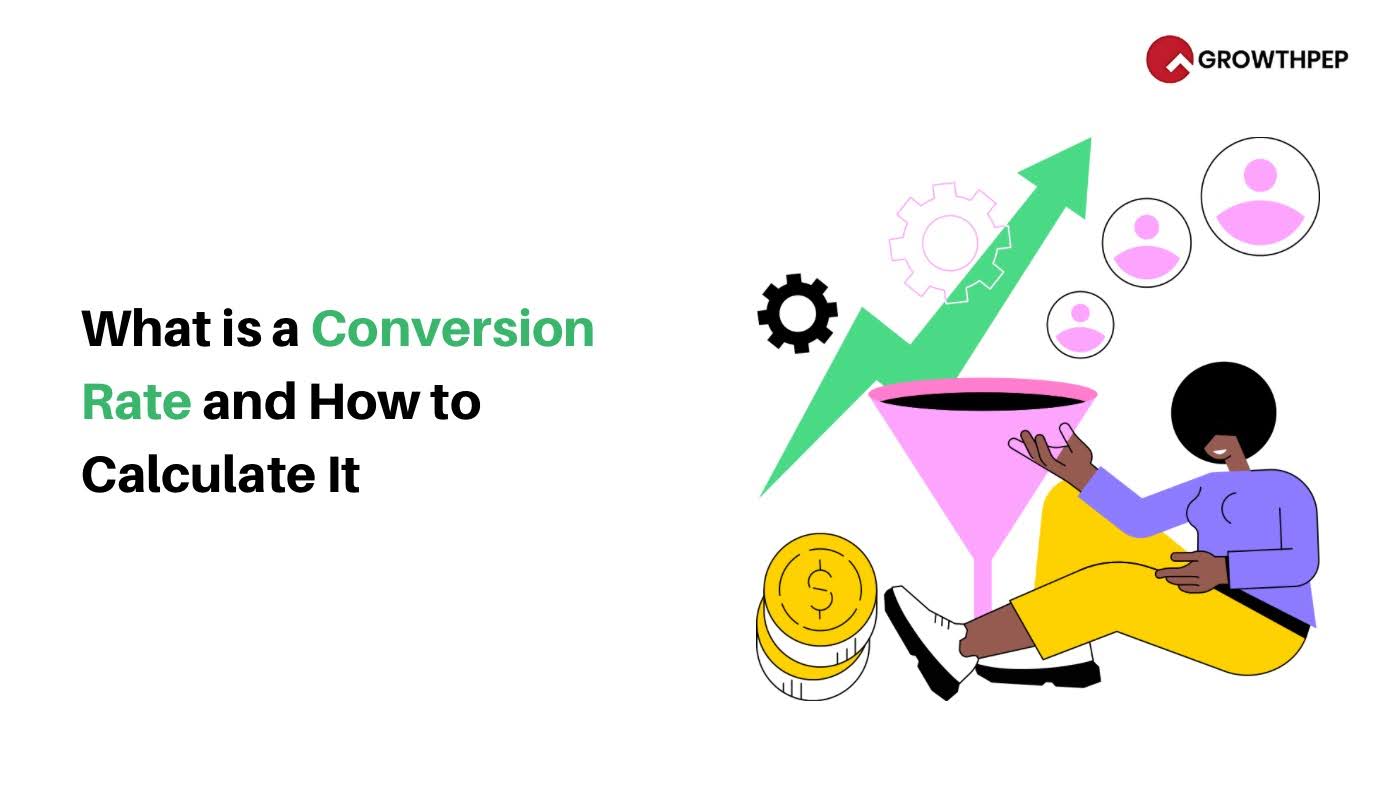
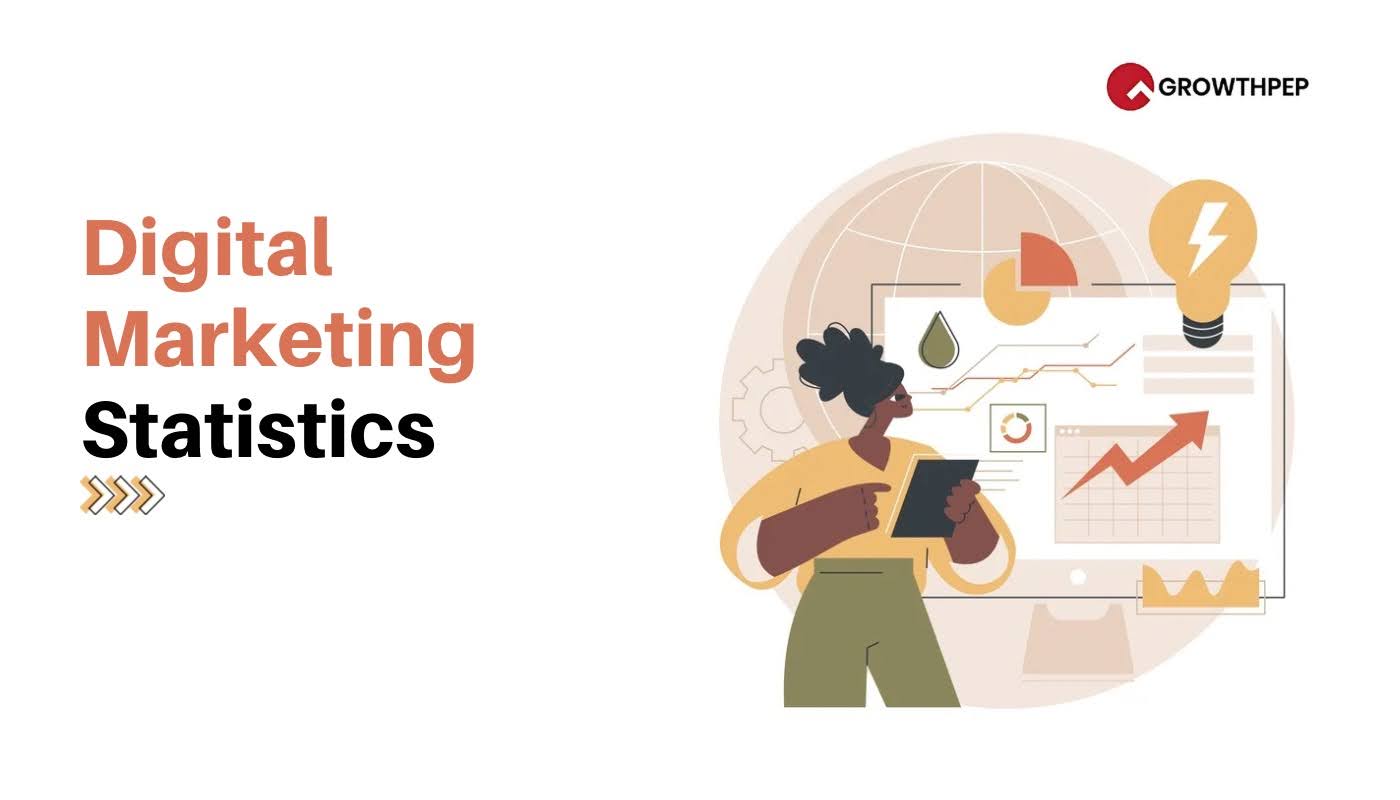
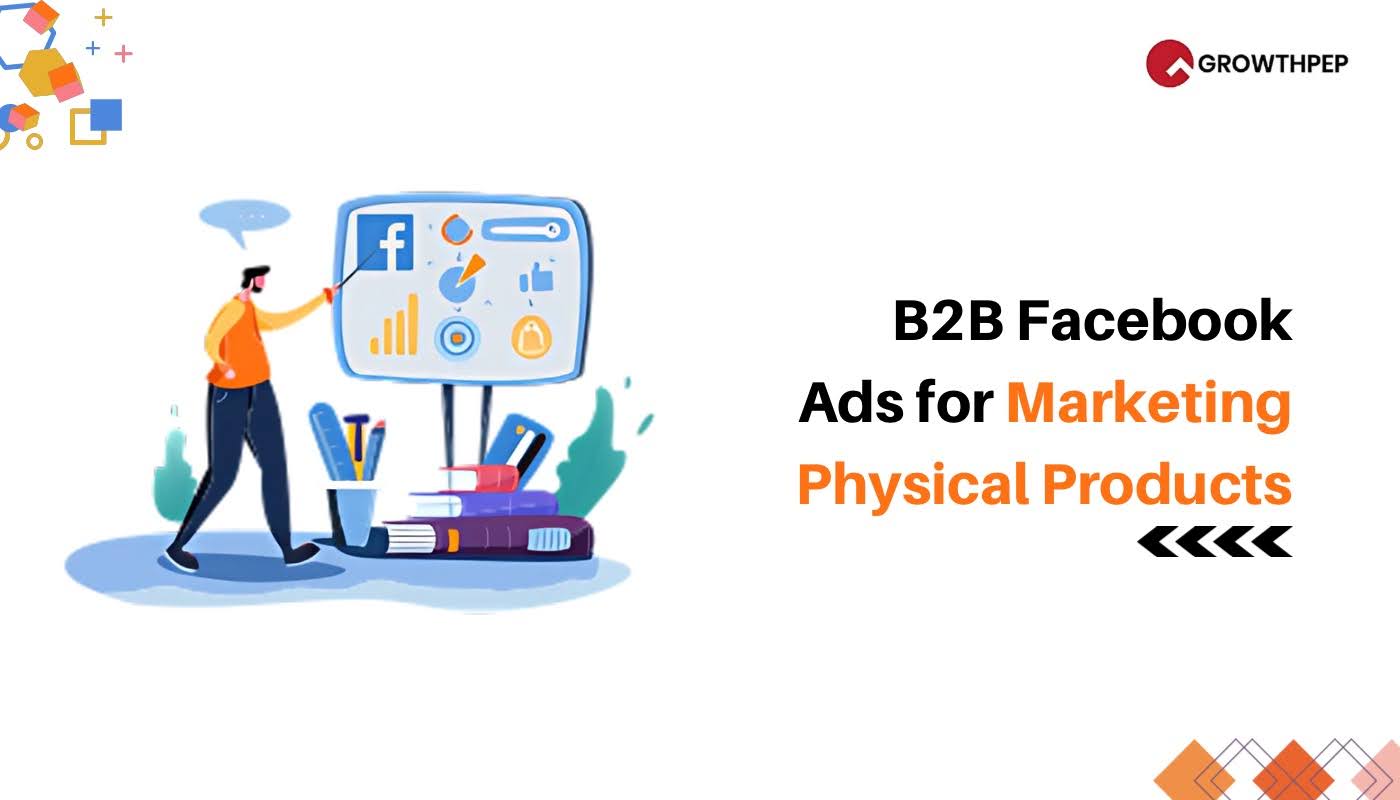
Best SEO Backlinks
February 21, 2025My brother suggested I might like this website. He was totally right. This post truly made my day. You can not imagine simply how much time I had spent for this information! Thanks!
WordPress SEO Backlinks
February 21, 2025Hi, i think that i saw you visited my blog thus i came to “return the favor”.I’m attempting to find things to enhance my website!I suppose its ok to use a few of your ideas!!
SEO Bests
February 21, 2025I appreciate, cause I found just what I was looking for. You have ended my four day long hunt! God Bless you man. Have a great day. Bye